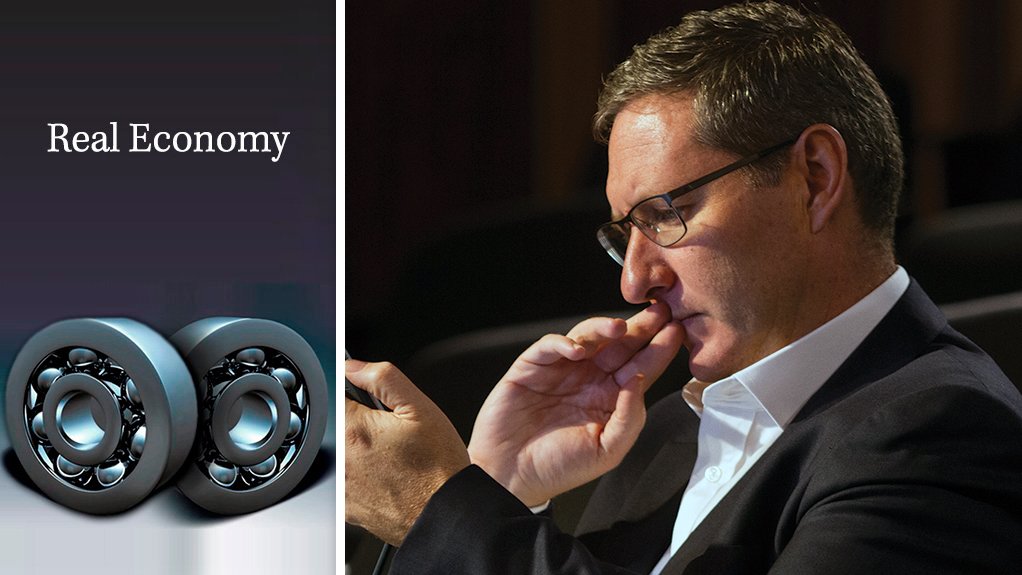It was more than refreshing to listen to a recent lecture by Paul Polman, the global head of consumer goods group Unilever, in which he urged South African companies to eschew short-termism and focus increasingly on their societal purpose rather than merely on shareholder returns. Under Polman’s stewardship, the Anglo-Dutch firm has gained much recognition for its initiatives to improve sustainability, obtaining the highest score in Oxfam’s 2015 ‘Behind the Brands’ ranking and leading its sector in the 2015 Dow Jones Sustainability Index.
Speaking in Johannesburg, Polman said companies needed to focus increasingly on “transformative changes” rather than corporate social responsibility programmes that made them “less bad”. He also urged firms to integrate the United Nations’ 17 sustainable development goals (SDGs) into their operating models, describing their attainment as not only achievable, but also a high-return business opportunity.
Unilever, which reported sales of €53.3-billion in 2015, produces 400 brands, many of them household names in South Africa, such as OMO washing powder, Dove soap, Knorr soup, Lipton tea and Domestos toilet cleaner. However, it is doing so within a framework designed to decouple corporate growth from its environmental impact, while increasing its social impact.
“In today’s global economy, it’s very difficult to create jobs to provide growth . . . But with the SDGs, we have a framework that has a higher moral order of irreversibly eradicating poverty, which is probably our biggest investment opportunity that we have in the world, with some of the highest returns you’ve ever seen.”
A dollar invested into nutrition, Polman asserted, had a $17 return for society, while extending the same access to finance, education, training and land rights to women could grow the global economy by $28-trillion. Likewise, investing in water, sanitation and hygiene could have a return of between $5 and $60 for every dollar invested.
“The investments needed to achieve the SDGs are estimated to be $2- to $3-trillion a year. That sounds like a lot of money, but this is a global economy of $110-trillion – we are only talking about 2% to 3% investment every year for a payout that is a multiple of five or ten times.”
However, for business to play its role in unlocking these returns, it could not focus purely on short-term returns for shareholders and would need to pursue partnerships in the interest of the “common good”. “Increasingly, we have become myopically focused on the shareholders; which has shortened the average life of a publically traded company in the US to only 17 years, because we are running them for the shareholders and not for the longer term.”
Accounting practices would also need to change, as businesses only “treasure what we measure and measure what we treasure”. In other words, Polman argued that the definition of business accounting should be expanded to include environmental and social accounting.
“We also need to solve the issues of the few versus the many. This is an economy now, where 62 people, who you could put on a double-decker in London, have the same wealth as the bottom 3.5-billion people.” Polman acknowledged the goal of zero carbon and poverty as being an “enormously audacious agenda”, but argued that it was not only possible, but also necessary. “I’ve come to the conclusion that we don’t need more PhDs, nor too much more technology; we really need leadership and willpower – everything that needs to be done to put this agenda in place can be done with the knowledge that we have today.”
EMAIL THIS ARTICLE SAVE THIS ARTICLE
To subscribe email subscriptions@creamermedia.co.za or click here
To advertise email advertising@creamermedia.co.za or click here











